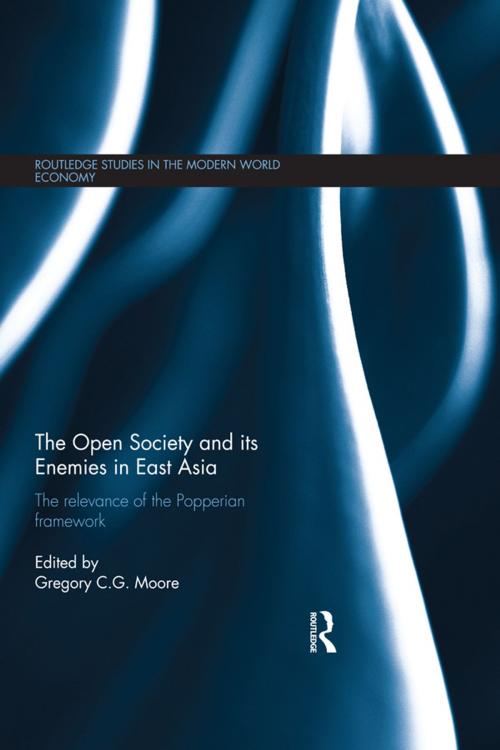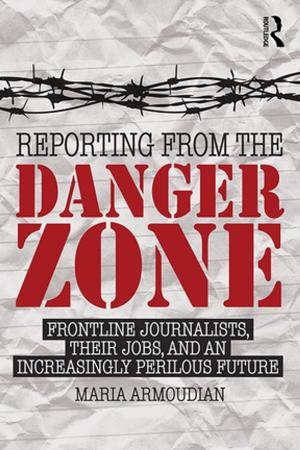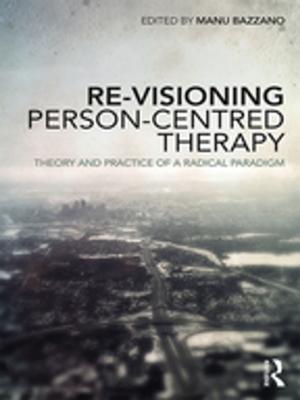The Open Society and its Enemies in East Asia
The Relevance of the Popperian Framework
Business & Finance, Economics, International Economics, Theory of Economics| Author: | ISBN: | 9781317811664 | |
| Publisher: | Taylor and Francis | Publication: | April 16, 2014 |
| Imprint: | Routledge | Language: | English |
| Author: | |
| ISBN: | 9781317811664 |
| Publisher: | Taylor and Francis |
| Publication: | April 16, 2014 |
| Imprint: | Routledge |
| Language: | English |
The ideas contained in Karl Popper’s The Open Society and Its Enemies—one of the most important tracts in political philosophy in the twentieth century—are relevant to anyone seeking to understand the recent history of the East Asian economies. Even though Popper wrote his tract to provide an explanation for both the rise and objectionable nature of totalitarian regimes in Europe in the twentieth century, many of the arguments that he advanced in this European context also explain the social, political and economic relationships that are seen in modern South Eastern Asian economies.
The narrative of this book is driven by a research agenda that is inter-disciplinary in nature, since to make the link between the Popperian framework and East Asian socio-economic relationships the contributing authors needed to draw upon research fields as far apart as political philosophy and East-Asian studies. With one or two exceptions, however, nearly all of the contributing authors have a background in economics, and this background is reflected in the way that they have sought to tackle the research question. This book is, in short, an inter-disciplinary exercise undertaken from an economics perspective, and hence it may best be described as an exercise in political economy rather than pure analytical economics.
The novelty of juxtaposing Popperian ideas with a discussion of social, political and economic development in South East Asia makes this narrative of interest to both political philosophers and specialists in South East Asian economies. The key insight drawn from the analysis is that although Karl Popper’s The Open Society and Its Enemies was a product of a European time and place, it is also relevant to anyone seeking to understand the recent history of the East Asian economies.
The ideas contained in Karl Popper’s The Open Society and Its Enemies—one of the most important tracts in political philosophy in the twentieth century—are relevant to anyone seeking to understand the recent history of the East Asian economies. Even though Popper wrote his tract to provide an explanation for both the rise and objectionable nature of totalitarian regimes in Europe in the twentieth century, many of the arguments that he advanced in this European context also explain the social, political and economic relationships that are seen in modern South Eastern Asian economies.
The narrative of this book is driven by a research agenda that is inter-disciplinary in nature, since to make the link between the Popperian framework and East Asian socio-economic relationships the contributing authors needed to draw upon research fields as far apart as political philosophy and East-Asian studies. With one or two exceptions, however, nearly all of the contributing authors have a background in economics, and this background is reflected in the way that they have sought to tackle the research question. This book is, in short, an inter-disciplinary exercise undertaken from an economics perspective, and hence it may best be described as an exercise in political economy rather than pure analytical economics.
The novelty of juxtaposing Popperian ideas with a discussion of social, political and economic development in South East Asia makes this narrative of interest to both political philosophers and specialists in South East Asian economies. The key insight drawn from the analysis is that although Karl Popper’s The Open Society and Its Enemies was a product of a European time and place, it is also relevant to anyone seeking to understand the recent history of the East Asian economies.















